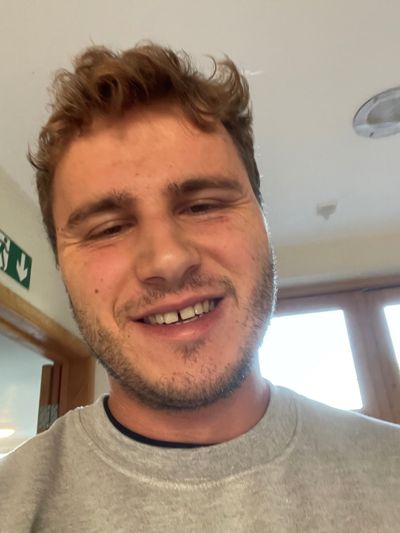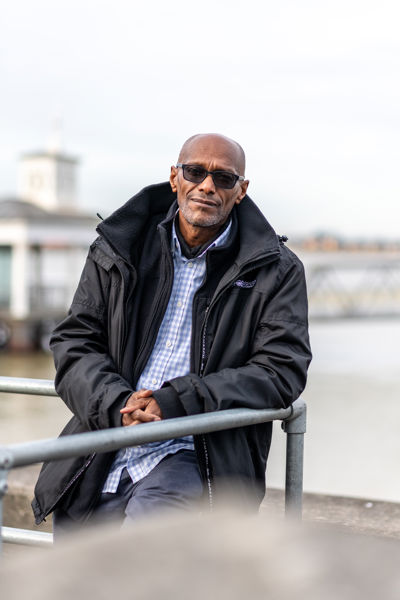“Recovery is a journey and not a sprint” – Ethan’s story
27/11/2025
A stock photo has been used on this blog at the request of the author.
Whilst using secure services, Ethan participated in a project undertaken by the Lived Experience Insights team at Rethink Mental Illness, looking into collaborative risk assessment and management in these settings. He shares his journey from detainment to hope.
From despair to hope and recovery seemed an impossible journey. But I dug deep, very deep, every day and night, as I desperately wanted to live and change my whole life.
From mental health breakdowns to severe self-defeating thoughts and feelings, I felt destroyed. I was taken from prison and sectioned under the Mental Health Act, in a secure mental health facility without any warning. I thought it was a conspiracy, a political cover-up with everybody in on it. Fear set in, paranoid thoughts screamed out at me, increasing my pain and suffering. I felt so vulnerable. I was paranoid; “unwell” is what the staff were saying. But how can that be?
Initially, the early days and weeks were very, very uncomfortable on the ward as my mind was working overtime and I couldn’t settle. In the end, I agreed to taking medication and immediately felt calmer.
-
Real rehabilitation work is very emotional and not easy
Over the next 18 months, with intense support from the ward psychologist, two occupational therapists, the ward activities coordinator and my nursing team, my mind started to become clearer. My mind became less foggy, and my communication ability became more reflective and honest.
Through a mental health rehabilitation and recovery programme, I started addressing my addiction problems and delusional beliefs. Real rehabilitation work is very emotional and not easy. Being truthful about one’s thoughts or feelings, and taking responsibility for one’s actions, is heavy duty and painful work. It included building family relationships, addressing my beliefs, mindfulness and attending courses.
From the deepest depths of despair, I found hope and understanding. When one chapter ends, another chapter begins.
After my time in the secure facility, I was moved to a low secure unit in Lincolnshire to continue my recovery. As the transport pulled up, my heart started to race and I felt breathless. To my surprise, l was smiling and welcoming faces as the staff introduced themselves to me. I felt emotional as this was a new experience. I was then taken to a ward where l was introduced to my buddy, peers and staff. I fought my tears back and my buddy showed me around the ward. I felt liked and relaxed.
-
My journey has not always been plain sailing
I was very impressed and my tears fell with joy. Over the next few days, I absorbed my new surroundings and then wrote to the Care Quality Commission (CQC) about my overwhelmingly positive experience. My rehabilitation and recovery programmes included group work - on psychosis awareness, anger management and substance misuse – mindfulness and working in the community. It also meant being involved in a research project with Rethink.
Recovery is a journey and not a sprint. My feelings now, after a decade of work, include hope for my future. I now have my family and friends back, as well as my independence.
My journey has not always been plain sailing, as I've faced many challenges with my rehabilitation and my peers. What I’ve learnt on the unit has allowed me to remain calm and focus on my rehabilitation; using relapse prevention skills, strategies and tactics to remain incident free. I strongly feel the senior management team, along with ward staff, have worked very hard to achieve a safe and friendly ward, despite previous problems.
I feel like I have now come to the end of this journey at the unit, but I feel excited about my whole new, positive journey ahead of me.
Ethan is an active member of the Patient and Public Involvement and Engagement (PPIE) group. PPIE groups are a way of making sure that the views and experiences of patients, and the public, are reflected in research projects. Rethink co-ordinates some of these groups, such as this one, to ensure lived experience has influence in how research projects are run.
If you would like to get involved in future projects with the Lived Experience Insights team, please email recoveryandoutcomes@rethink.org and one of the team will get back to you.



